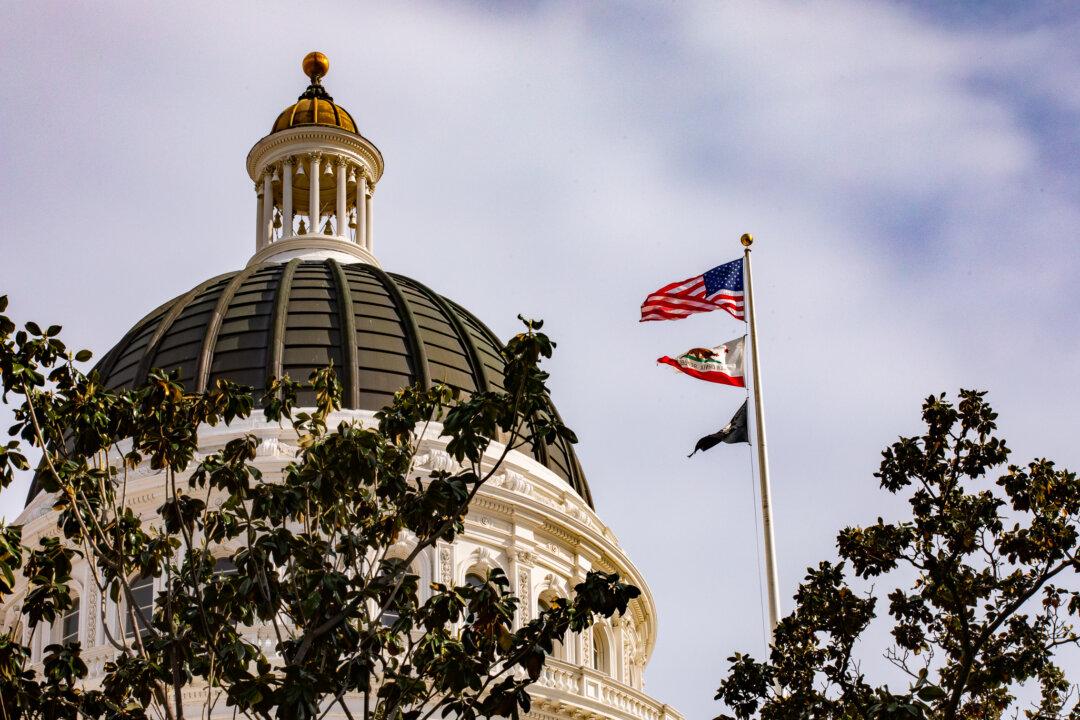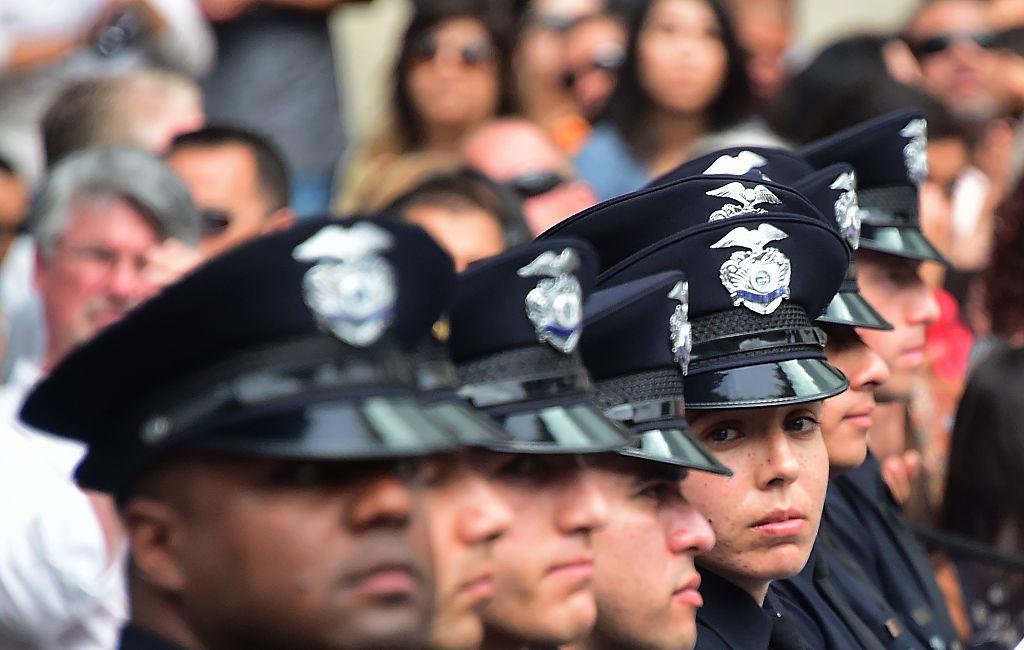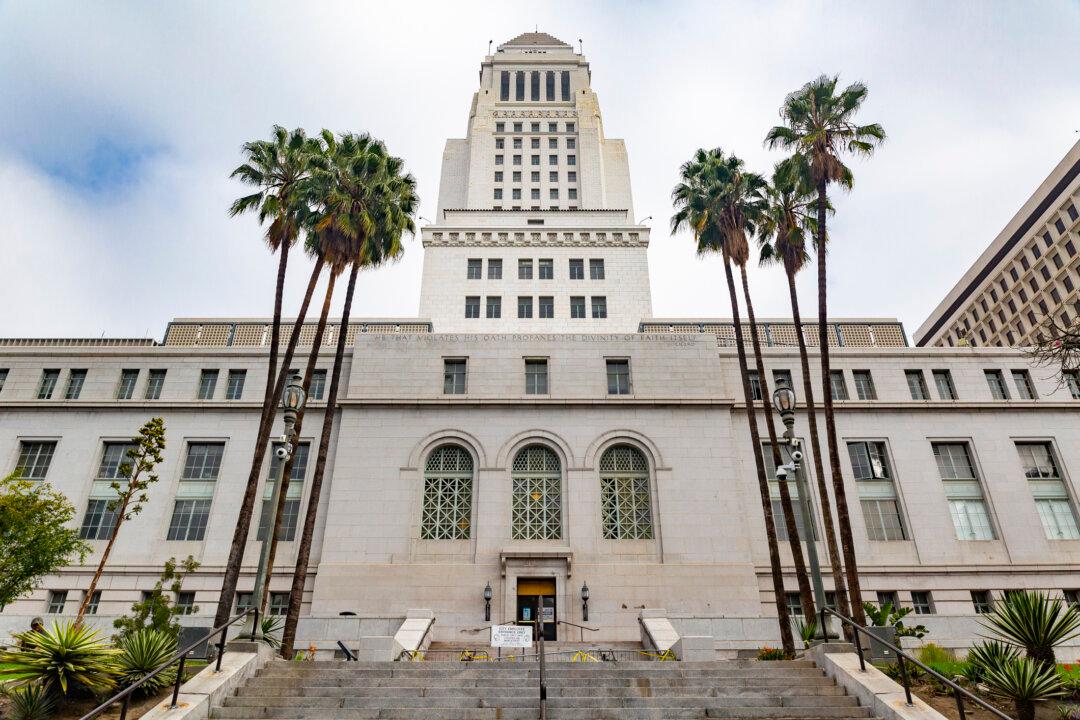A group of restaurateurs and franchisors said they have gathered enough voter signatures for a ballot measure to overturn a law that would set up a “Fast Food Council” to regulate wages and benefits for fast food workers in the state.
The Save Local Restaurants Coalition—led by the U.S. Chamber of Commerce, the National Restaurant Association, and the International Franchise Association—said Dec. 5 they submitted more than 1 million signatures, exceeding the roughly 623,000 needed to put a measure on the 2024 ballot.





